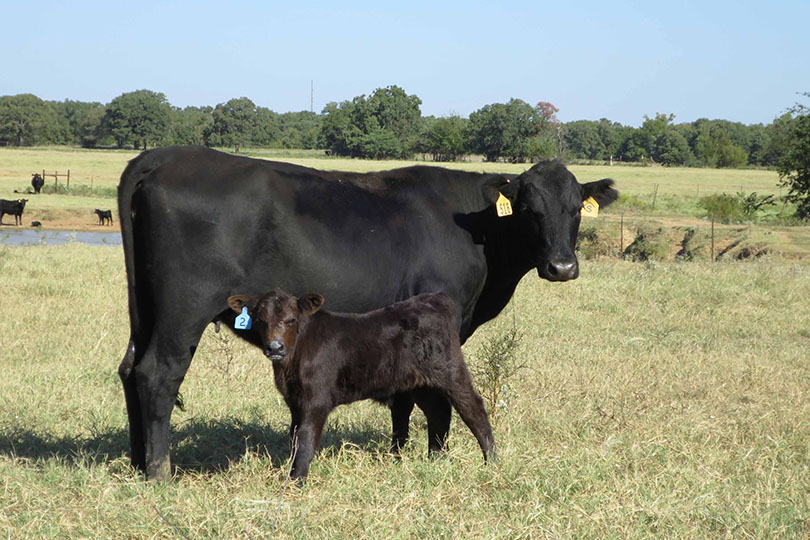Intestinal parasites in cattle pose a large problem for ranchers.
The worms can “hibernate in the wall of the stomach and re-emerge when conditions are suitable for their survival,” said Dr. Bob Judd, host of Texas Vet News on the Texas Farm Bureau (TFB) Radio Network.
When the parasites emerge, they can cause the cow to have a decreased appetite. That leads to a drop in the cow’s body condition.
Aside from lowering the body condition, if a cow has a parasite, they can become more susceptible to diseases and will not respond well to vaccines.
Most ranchers often deworm calves and replacement heifers, but sometimes overlook mature cows.
One common way to determine if cattle have worms is to check their fecal matter. The number of eggs found indicate the kind and severity of parasite infection.
Judd recommends consulting your veterinarian to determine the proper time to deworm your cattle.
Click here to listen to Judd’s full report and other TFB Radio Network programs.

